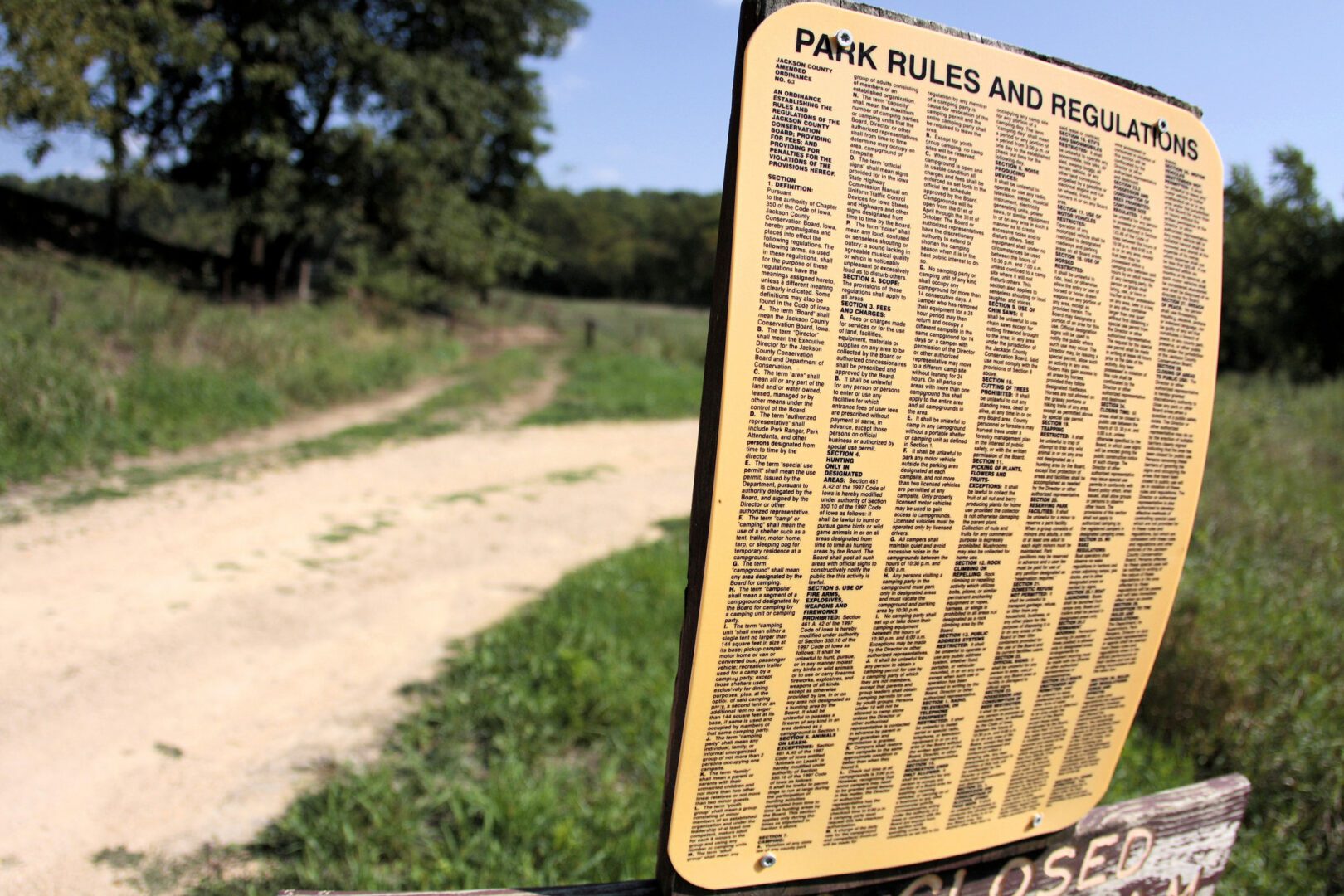
Table of Content
We’ve all been there: updating some software on our phones, blindly accepting whatever terms and conditions are put before us. For all we know, we could be agreeing to give all of our possessions to a software developer in California. But we click “accept” and hope for the best. After all, fine print is everywhere! If we read it all, we couldn’t possibly have enough time to eat or sleep, right? Well it turns out, fine print is nothing to ignore. But why?
Exhibit A: The Credit Card Application
The average credit card application contains 5000 words of fine print. Among those words are pretty significant “by the ways” about interest rates, late fees, and other charges. And believe it or not, the credit card companies have even been known to target certain people in shady ways. As CBS News reported, “some companies send less-sophisticated consumers flashier letters with pictures and entice them with zero-percent annual percentage rates, but fail to highlight hidden and back-loaded fees.” That’s right, Biz Kid: you could be targeted because of your youth. The fine print could be trying to hide high interest rates, big fines, and gigantic late fees. Don’t get excited about that free signup gift until you know what you’re getting into.
But seriously, how do I read this stuff?
One trick if you refuse to read 5000 words of fine print? Skip to the last page. Many of the fees and charges are pushed to the end, in hopes you’ll never read them. Another trick: know the game to play the game. According to Truth in Advertising, the FTC set strict guidelines for fine print. You can use these to find the info you need. They include:
- Prominence: is the fine print big enough for people to notice and read?
- Presentation: is the wording and format easy for people to understand?
- Placement: is the fine print where people will look?
- Proximity: is the fine print near the claim it qualifies?
Obviously, there’s a good chance that an advertiser might break these rules, but they’re at least a good starting point. Look for fine print around the offer before getting too excited about that Saturday shopping coupon.
If nothing else, be entertained.
In preparation for this article, I read through the fine print on my own credit card. This card is advertised as being loaded with perks for travelers, like baggage delay and trip disruption insurance. Basically, if something goes haywire during a trip purchased on the credit card, the credit card company will reimburse me for items I may be missing from my bag or hotel cancelation fees. But one funny exclusion I discovered: space travel. Yep. The card’s travel disruption insurance does not apply to travel on “rocket-propelled” aircraft. As in, rocket ships. To the moon.
Sounds like an exclusion only Fine Print Man would have found…
*You did it! You found the fine print. Great job, Biz Kid. You’re well ahead of the curve.

